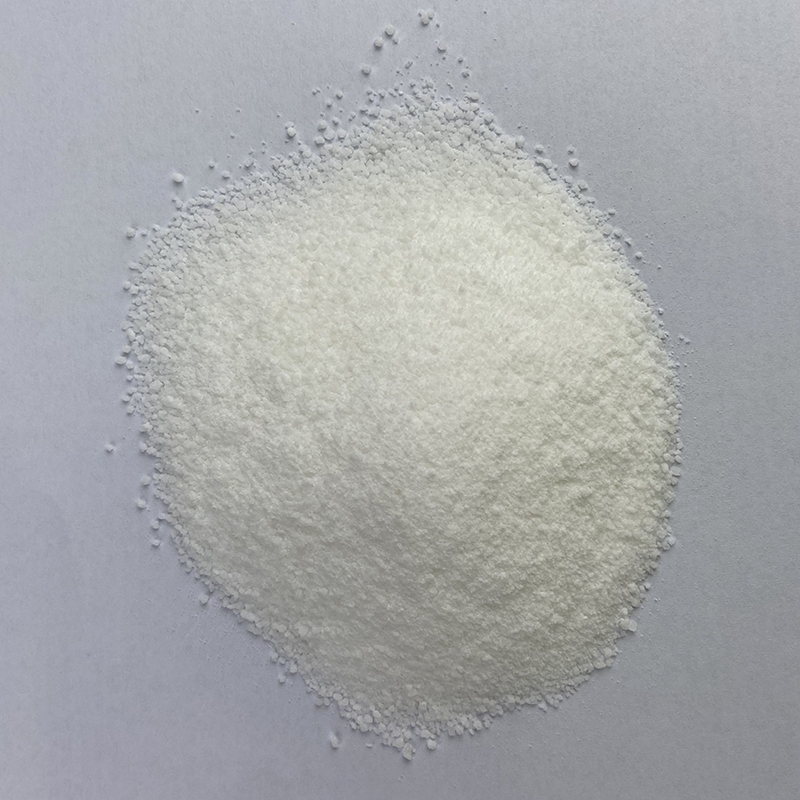-
Categories
-
Pharmaceutical Intermediates
-
Active Pharmaceutical Ingredients
-
Food Additives
- Industrial Coatings
- Agrochemicals
- Dyes and Pigments
- Surfactant
- Flavors and Fragrances
- Chemical Reagents
- Catalyst and Auxiliary
- Natural Products
- Inorganic Chemistry
-
Organic Chemistry
-
Biochemical Engineering
- Analytical Chemistry
- Cosmetic Ingredient
-
Pharmaceutical Intermediates
Promotion
ECHEMI Mall
Wholesale
Weekly Price
Exhibition
News
-
Trade Service
Intermittent fasting (IF) is an effective strategy to improve the metabolic health of the heart.
recently, a research paper was published in Journal of Clinical Endocrinology and Metabolism, an authoritative journal in the field of endocrine and metabolic diseases, to assess the effects of IF on heart metabolic risk factors and intestinal bacteria in patients with metabolic syndrome (MS).
randomized clinical trial included adult MS patients aged 30-50.
intervention factor is an eight-week "two-day" IF.
the study's main outcome indicators were baseline and 8 weeks of assessed heart metabolic risk factors, including body composition, oxidative stress, inflammatory cytokines, and endothor skin function.
also measured the diversity, composition and functional pathways of the gut bacteria, as well as levels of intestinal derivative metabolites in the circulation.
the study included 39 MS patients: 21 in the IF group and 18 in the control group.
participants in the IF group had a 69 percent reduction in their daily calorie intake compared to non-fasting days.
8 weeks of IF significantly reduced fat levels, reduced oxidative stress, regulated inflammatory cytokines, and improved vascular thusion.
addition, IF causes significant changes in the intestinal bacteria, increasing the production of short-chain fatty acids (SCFA) and reducing the level of lipid polysaccharides (LPS) in circulation.
to IF's intestinal bacterial changes were significantly associated with cardiovascular risk factors and led to significant changes in the carbohydrate metabolism of the gut bacteria.
result, IF somehow induces significant changes in the gut microbiome and function, which are closely related to reducing risk factors for heart metabolism.
the study provides a potential mechanism for preventing adverse outcomes associated with MS.
.







